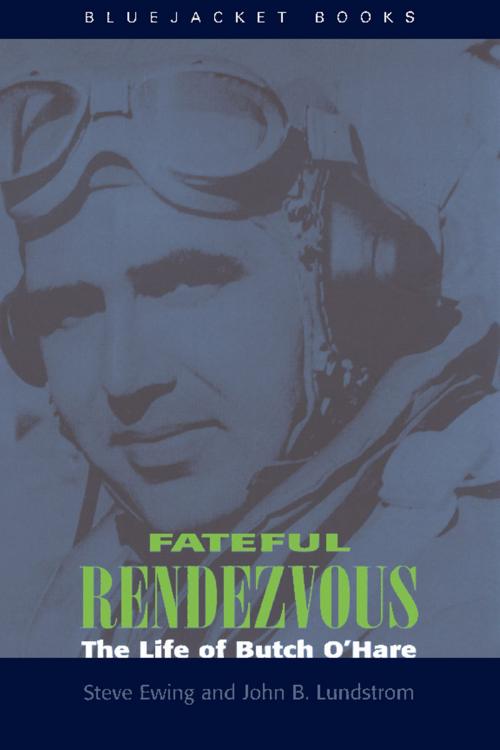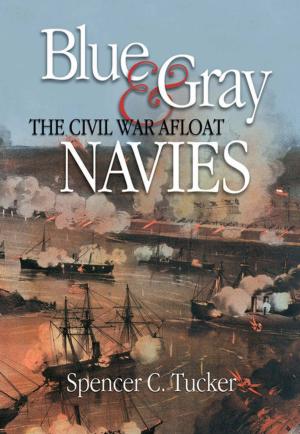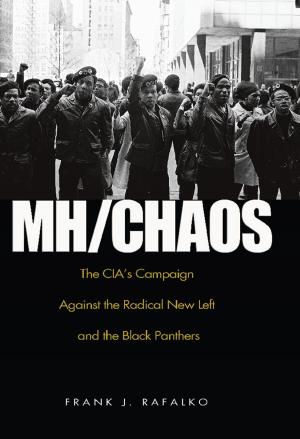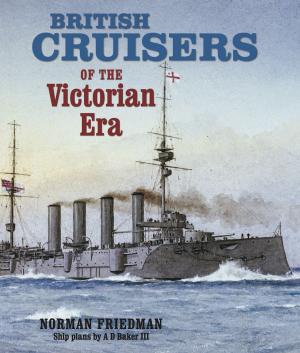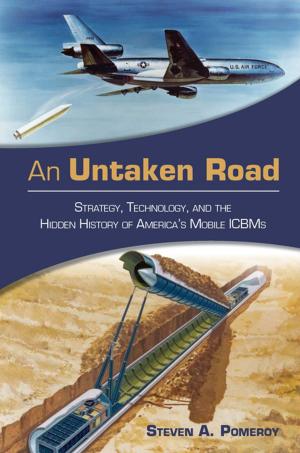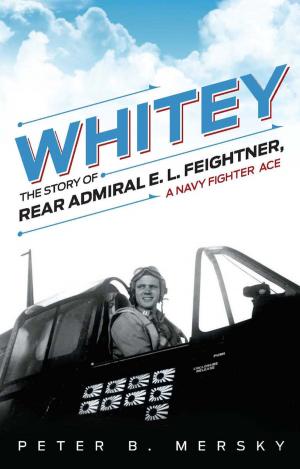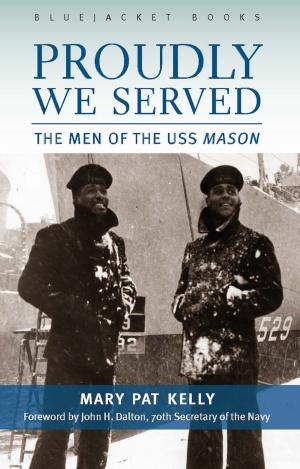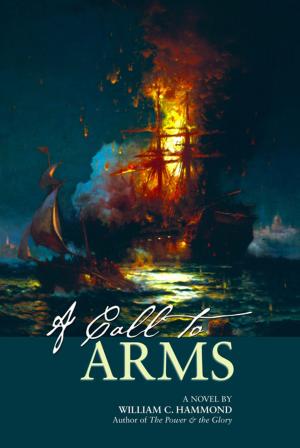| Author: | Steve Ewing, John B. Lundstrom | ISBN: | 9781612512211 |
| Publisher: | Naval Institute Press | Publication: | October 11, 2012 |
| Imprint: | Naval Institute Press | Language: | English |
| Author: | Steve Ewing, John B. Lundstrom |
| ISBN: | 9781612512211 |
| Publisher: | Naval Institute Press |
| Publication: | October 11, 2012 |
| Imprint: | Naval Institute Press |
| Language: | English |
Fighter pilot Butch O'Hare became one of America's heroes in 1942 when he saved the carrier Lexington in what has been called the most daring single action in the history of combat aviation. In fascinating detail the authors describe how O'Hare shot down five attacking Japanese bombers and severely damaged a sixth and other awe-inspiring feats of aerial combat that won him awards, including the Medal of Honor. They also explain his key role in developing tactics and night-fighting techniques that helped defeat the Japanese.
In addition, the authors investigate events leading up to O'Hare's disappearance in 1943 while intercepting torpedo bombers headed for the Enterprise. First published in 1997, this biography utilizes O'Hare family papers and U.S. and Japanese war records as well as eyewitness interviews. It is essential reading for a true understanding of the development of the combat naval aviation and the talents of the universally admired and well-liked Butch O'Hare.
In addition, the authors investigate events leading up to O'Hare's disappearance in 1943 while intercepting torpedo bombers headed for the Enterprise. First published in 1997, this biography utilizes O'Hare family papers and U.S. and Japanese war records as well as eyewitness interviews. It is essential reading for a true understanding of the development of the combat naval aviation and the talents of the universally admired and well-liked Butch O'Hare.
Fighter pilot Butch O'Hare became one of America's heroes in 1942 when he saved the carrier Lexington in what has been called the most daring single action in the history of combat aviation. In fascinating detail the authors describe how O'Hare shot down five attacking Japanese bombers and severely damaged a sixth and other awe-inspiring feats of aerial combat that won him awards, including the Medal of Honor. They also explain his key role in developing tactics and night-fighting techniques that helped defeat the Japanese.
In addition, the authors investigate events leading up to O'Hare's disappearance in 1943 while intercepting torpedo bombers headed for the Enterprise. First published in 1997, this biography utilizes O'Hare family papers and U.S. and Japanese war records as well as eyewitness interviews. It is essential reading for a true understanding of the development of the combat naval aviation and the talents of the universally admired and well-liked Butch O'Hare.
In addition, the authors investigate events leading up to O'Hare's disappearance in 1943 while intercepting torpedo bombers headed for the Enterprise. First published in 1997, this biography utilizes O'Hare family papers and U.S. and Japanese war records as well as eyewitness interviews. It is essential reading for a true understanding of the development of the combat naval aviation and the talents of the universally admired and well-liked Butch O'Hare.
